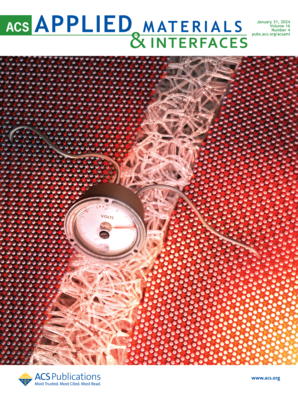Highly Dispersed AuCu Nanoparticles Confined in Zr-MOFs for Efficient Methanol Synthesis from CO2 Hydrogenation
Abstract
Making use of novel materials to develop efficient catalysts is one of the research hotspots for CO2 hydrogenation to methanol. Herein, UiO-66, a typical Zr-MOF, was modified by ethylene diamine tetraacetic acid (EDTA) to serve as a substrate for the synthesis of AuCu bimetallic catalysts. The resultant AuCu@UiO-66-EDTA catalyst exhibited a superior methanol production rate, which delivered a high space-time yield of methanol (3.34 gMeOH gmetal-1 h-1) at 250 °C and 3.0 MPa. The EDTA modification was found to effectively confine AuCu nanoparticles inside the framework of MOFs, which significantly reduced the metal particle size and enriched the oxygen vacancy concentration. As a consequence, more active sites were generated for methanol synthesis. Moreover, the AuCu@UiO-66-EDTA catalyst yielded more favorable reaction intermediates that could be converted to methanol at a faster rate. This work develops unique MOFs-encapsulated bimetallic catalysts and illuminates the positive effect of confinement.





